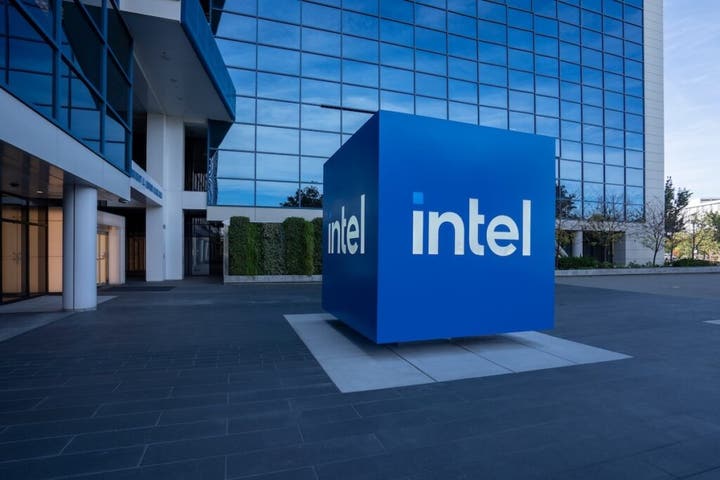Palantir Technologies co-founder Joe Lonsdale has voiced his discomfort regarding the U.S. government’s decision to acquire a 10% equity stake in Intel Corp. during an appearance on CNBC’s “Squawk Box.” Lonsdale described the move as “very weird” and characterized it as a form of favoritism or “cronyism.”
Lonsdale emphasized that it is unusual for the government to take an ownership position in a private company. He noted, “It’s also a little bit weird for the government to be giving $9 billion to a company, too.” His remarks come in the wake of Intel’s announcement that the government’s equity stake will be funded through a combination of $5.7 billion in grants awarded under the U.S. CHIPS and Science Act and $3.2 billion from the Secure Enclave program. This plan coincides with Intel’s push for significant factory investments.
Government Deal May Signal Broader Trend
The White House has indicated that the Intel deal may set a precedent for future government investments in various industries. Kevin Hassett, Director of the National Economic Council, mentioned in a report by Reuters that this approach resembles a sovereign wealth strategy and suggested, “There’ll be more transactions, if not in this industry, in other industries.”
During his CNBC interview, Lonsdale remarked that while he can support public investment in companies if it contributes to national security, he is concerned about the implications of direct ownership in private enterprises outside of emergency situations. Historically, the U.S. government engaged in large-scale corporate stakes during the 2008 financial crisis through the Troubled Asset Relief Program (TARP), a measure aimed at stabilizing the financial markets.
Mixed Reactions from Lawmakers and Economists
Criticism of the Intel plan has emerged from various quarters, including Capitol Hill and financial markets. Senator Rand Paul (R-Ky.) publicly condemned the proposal, asserting that it undermines the competitive forces that drive excellence, and labeled it a “big mistake.” Economist Peter Schiff described the initiative as “not only unconstitutional, but a bad idea.” Similarly, investor Kevin O’Leary expressed strong opposition to the government’s involvement in Intel.
Conversely, not all responses have been negative. Senator Bernie Sanders (I-Vt.) supported the framework, stating, “I am pleased the [Donald] Trump administration agrees with the amendment I proposed three years ago.” He emphasized that taxpayers should not be providing billions in corporate welfare without receiving something in return.
Following the announcement, Intel’s stock experienced a decline, closing down 0.49% at $24.49, with a further drop of 0.69% in after-hours trading. Despite this, the stock has received favorable evaluations in Benzinga’s Edge Stock Rankings, showing high momentum and value scores, indicating a positive price trend in the short, medium, and long term.
As the conversation surrounding government involvement in private enterprises continues, the implications of the Intel stake and potential future deals will likely remain a topic of significant debate among lawmakers, economists, and investors alike.





































































